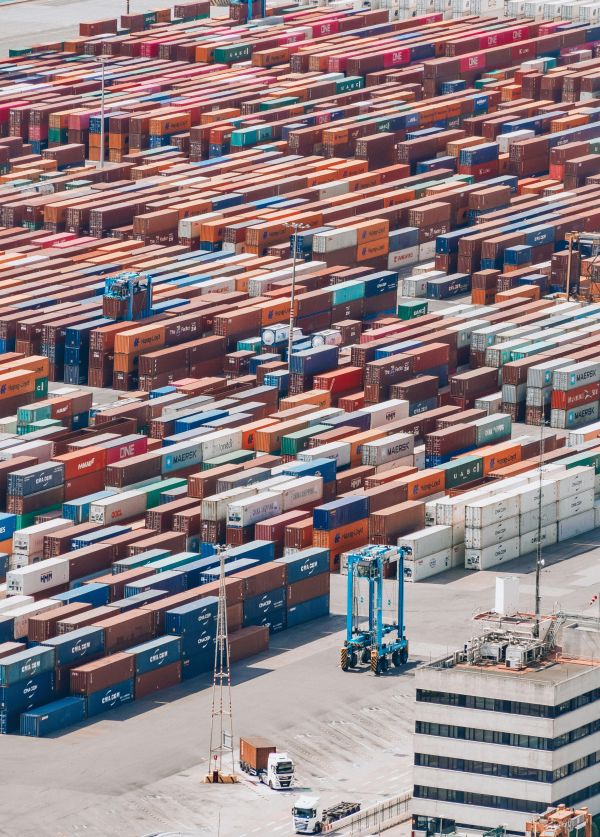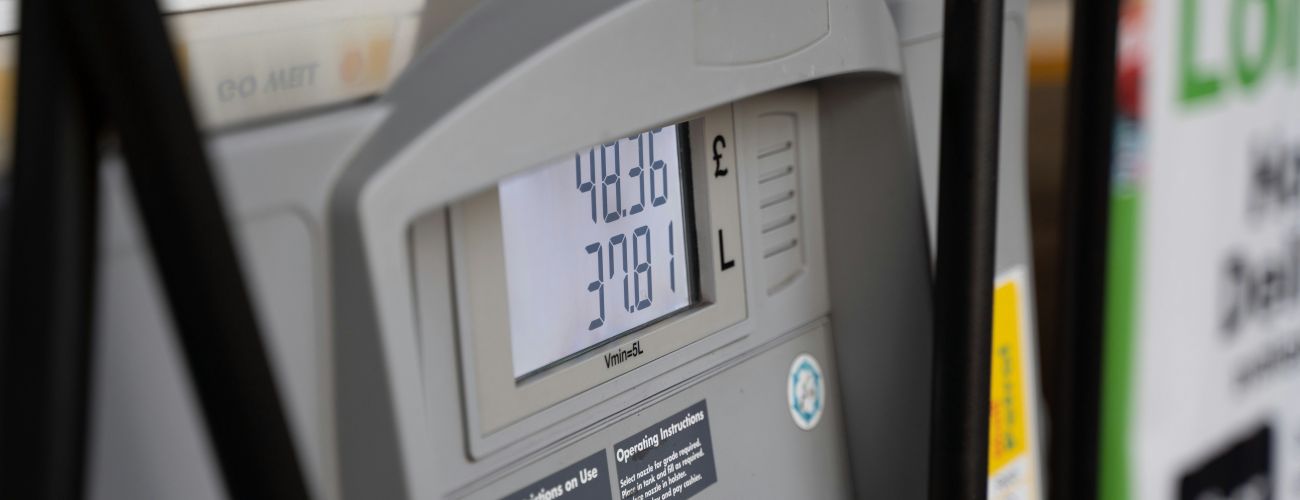What happened last week?
Global
- Government debt interest costs hit their highest level since 2007.
US
- Individual investors have poured billions into US stocks this year, despite institutions backing off.
- The US announced a 25% tariff on imports of foreign-made cars and automobile parts.
Europe
- UK inflation unexpectedly cooled.
Why It Matters
The OECD’s 38 member nations spent an average of 3.3% of the size of their economies on interest payments last year, the highest level since 2007. That’s down to a combination of rising borrowing costs and ballooning debt levels. And if that one-two punch sticks, governments could find it harder to borrow money – at a time when their investment needs are greater than ever, according to the OECD.
Institutional investors have sold their US stocks at a record pace. No wonder: they’re wary of the risk of a global trade war, the touted end of “American exceptionalism”, and possible stagflation (when runaway inflation meets slow economic growth). And while you’d expect retail investors to take the same cues, data out last week showed that they’ve poured $67 billion more into US stocks and ETFs than they’ve taken out this year.
As well as reciprocal tariffs, the US president announced 25% levies on foreign-made cars – and that’s on top of existing import taxes. From April 3rd, they’ll apply to fully assembled vehicles. But by May 3rd, they’ll be stamped on major automobile parts, too. The administration hopes to bring in roughly $100 billion a year in new revenue from these fees, and they could encourage automakers to shift production to the US as well. But that could come at a price (ironically): industry experts say the tariffs will disrupt global supply chains and make vehicles more expensive for already squeezed shoppers.
Consumer prices in the UK increased by 2.8% in February from a year ago, down from 3% in January and defying economist forecasts for an unchanged reading. But keep the prosecco on ice: the Bank of England expects the slowdown to be short-lived, forecasting inflation to climb toward 4% later this year. That would be double its target, spurred on by higher energy prices. Even so, traders held firm in their bets that the central bank will cut interest rates again in May.
The Focus This Week: Reciprocal Tariffs Aren’t One-Size-Fits-All
Reciprocal tariffs may be a triple threat, at least according to the US president. They could incentivise foreign producers (or US companies working abroad) to build facilities stateside and hire American workers, pressure trading partners to lower their own barriers, and – perhaps unofficially – generate revenue to help pay for tax cuts.
The exact details are still being finalised, but in essence, new import taxes will be tailored to each of America’s trading partners. As well as matching other countries’ tariffs on US goods, they’ll be designed to counter other practices seen as disadvantaging American manufacturers – including unfair subsidies, strict regulations, value-added taxes (VATs), managed exchange rates, and weak intellectual property protections.
Problem is, these so-called “non-tariff barriers” are hard to quantify. That’s creating an enormous challenge for the Office of the US Trade Representative and the Commerce Department, tasked with proposing bespoke levies for each country. If history’s any guide, the president will likely announce rough measures first, then negotiate and refine the details later.
Emerging markets would be hit the hardest by the US matching existing tariffs. India, Argentina, and much of Africa and Southeast Asia would be most exposed, according to Bloomberg Economics. However, it’s clear that non-tariff measures are designed to target the eurozone – with its strict regulations and VAT – and China – with its heavy subsidies to domestic industries and weak intellectual property protections.
All the uncertainty has shaken financial markets, prompted economists to cut their US growth forecasts, and forced the Federal Reserve to consider the potential inflationary impact of higher import costs. The real test of the president’s strategy will be whether escalating tariffs reshape global trade in America’s favor – or spark a backlash that does more harm than good.


The Week Ahead
- Monday: China PMIs (March).
- Tuesday: Japan unemployment rate (February), eurozone inflation (March), eurozone unemployment rate (March), US job openings and labor turnover survey (February), US manufacturing PMI (March).
- Wednesday: US factory orders (February).
- Thursday: Minutes of the European Central Bank’s latest meeting, US trade balance (February), US non-manufacturing PMI (March).
- Friday: Japan household spending (February), US labor market report (March).
This document is provided to you for your information and discussion purposes only. It is not a solicitation for business or an offer to buy or sell any security or other financial instrument. Any information including facts, opinions, or quotations, may be condensed or summarised and are expressed as of the date of writing. The information may change without notice and Trusted Novus Bank (“TNB”) is under no obligation to ensure that such updates are brought to your attention. Past performance is not a guide to future performance.
This document has been prepared by TNB from sources TNB believes to be reliable but TNB does not guarantee its accuracy or completeness and does not accept liability for any loss arising from its use. TNB reserves the right to remedy any errors that may be present in this document.
Trusted Novus is registered in Gibraltar under number 3207. Its registered address and principal place of business is: Trusted Novus Bank Limited, 76 Main Street, Gibraltar GX11 1AA. It is regulated by the Gibraltar Financial Services Commission (Permission Number 3207) to provide Banking and Investment Services. TNB is a member of the Gibraltar Deposit Guarantee Board (www.gdgb.gi) and the Gibraltar Investor Compensation Scheme (www.gics.gi).
